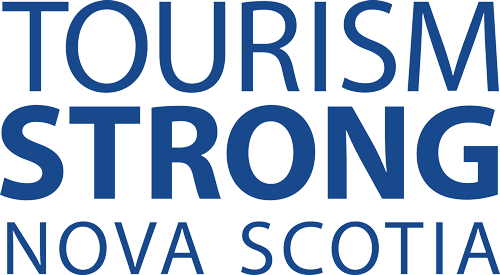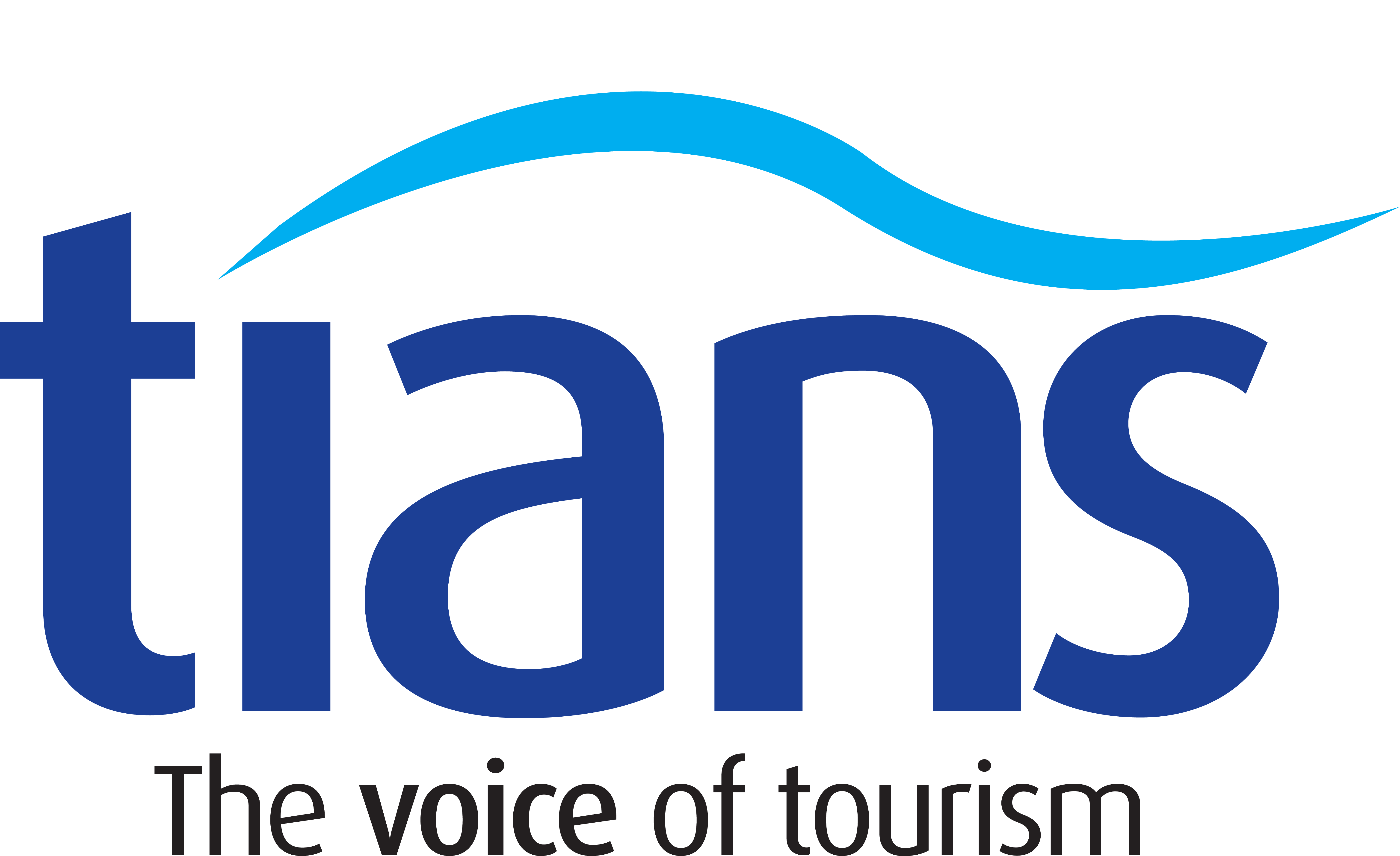August 4, 2021 | Joe Baker
Tourism HR Canada today announced the launch of a federally funded Student Work Placement Program offering paid work-integrated learning opportunities in the tourism and hospitality sector.
Called Propel, the new program benefits the full spectrum of the visitor economy as it emerges from the crushing impact of the pandemic. Students gain paid hands-on learning and mentoring in their field of study. Employers acquire much-needed early talent to help with the recovery of the industry, as well as assistance with wages after an 18-month stretch of little or no income. Post-secondary institutions complement their programming by connecting students and the workplace.
“Propel is integral to the recovery and resiliency of Canada’s tourism sector,” stated Philip Mondor, President and CEO of Tourism HR Canada. “Our industry has been left reeling from the measures needed to ensure the health and safety of Canadians. Despite their best efforts, many employers were not able to retain their staff and are facing difficulty rebuilding as restrictions lift. Students have missed out on opportunities to get a foothold in the labour market, build essential social and employability skills, and make meaningful industry connections. Propel creates a direct link between students looking to enhance their workplace skills and employers who can provide that valuable experience while also showcasing the depth and breadth of career pathways in the industry.”
Funded by Employment and Social Development Canada through the Student Work Placement Program, Propel offers employers a wage subsidy of up to 75% of a qualifying student’s wages, to a maximum of $7,500. Students enrolled at a recognized post-secondary institution can apply for a paid position to fulfil the work-integrated learning component of their program.
What is Work-Integrated Learning?
Co-operative Education and Work-Integrated Learning Canada (CEWIL Canada) explains that work-integrated learning (WIL) is a model and process of curricular experiential education which formally and intentionally integrates a student’s academic studies within a workplace or practice setting. WIL experiences include an engaged partnership of at least: an academic institution, a host organization and a student.
Examples of Work-Integrated Learning
- Applied Research
- Apprenticeship
- Co-op Education
- Entrepreneurship
- Field Placement
- Internships
- Professional Practicum
- Service Learning
- Work Experience
Darlene Grant Fiander, President of Tourism Industry Association of Nova Scotia shared “The tourism industry has been decimated by the impact of COVID-19. With hundreds of thousands of jobs lost nationally, Propel will play a significant role in the rebuild of the tourism workforce. As a people intensive industry, this program will ensure there is an immediate bridge for students to enter the workforce from recognized post-secondary programs and just as importantly, addresses an immediate need for employers across Canada.”
Hospitality and tourism businesses and organizations can post paid WIL opportunities and apply for wage subsidies through Tourism HR Canada’s Propel site.
Nestled on a sunny stretch of beach on Nova Scotia’s South Shore, White Point Beach Resort has been welcoming families, friends, and all kinds of groups for over 90 years. Dylan Meisner, General Manager shared his perspective on getting students into this industry. “When I joined White Point in 2018, I made my property available for any post-secondary student during their co-op and placement terms. We hire a lot of students seasonally and I wanted to expand that offering. I tell students, I am now the General Manager of one of the larger properties in Nova Scotia, however I started as a dishwasher, worked in kitchens, and began working as a server when I was 19 years of age. I have a college diploma and a university degree, but I am where I am today because of real world experience. I believe we should all find things we are passionate about. For me, that’s hospitality. And I am excited to get back at it. This program is something that will work very well for our industry helping businesses access new talent when they really need it and helping students gain real world experience as they discover their passion.”
Fiander added “This program meets an immediate and critical need facing Canada’s tourism workforce. Propel provides the opportunity to support students and businesses in an innovative partnership and will be critical factor as Canada’s tourism industry recovers and rebuilds from the devastation of COVID-19.”
“We are actively making arrangements with post-secondary institutions and employers across Canada,” said Mondor. “We invite all qualifying parties—from small, independent operations to large, multi-property companies—to apply for this timely support for our sector at PropelCareers.ca.”
Canada’s tourism sector has lost over 500,000 jobs from its workforce since the pandemic began. Propel will play a key role in attracting and retaining students to the varied opportunities becoming rapidly available as the economy reopens, supporting a sustainable future for one of Canada’s key economic engines.
About the Author
Joe Baker is a passionate leader within Canada’s tourism, hospitality and education sectors and a vocal advocate for a resilient, inclusive, future-forward industry. He is CEO of Joe Baker & Co., a human capital consultancy focused on strengthening hospitality and tourism organizations and people. Baker was dean at Centennial College’s School of Hospitality, Tourism and Culinary Arts where he led the most significant transformation in the school’s over 50-year history. He serves on the board of directors at Tourism HR Canada, Tourism Industry Association of Ontario and is on the editorial advisory board for SUSTAIN Magazine.
Joe can be found everywhere @thejoebaker.
Download Blog
Propel Blog Joe Baker


